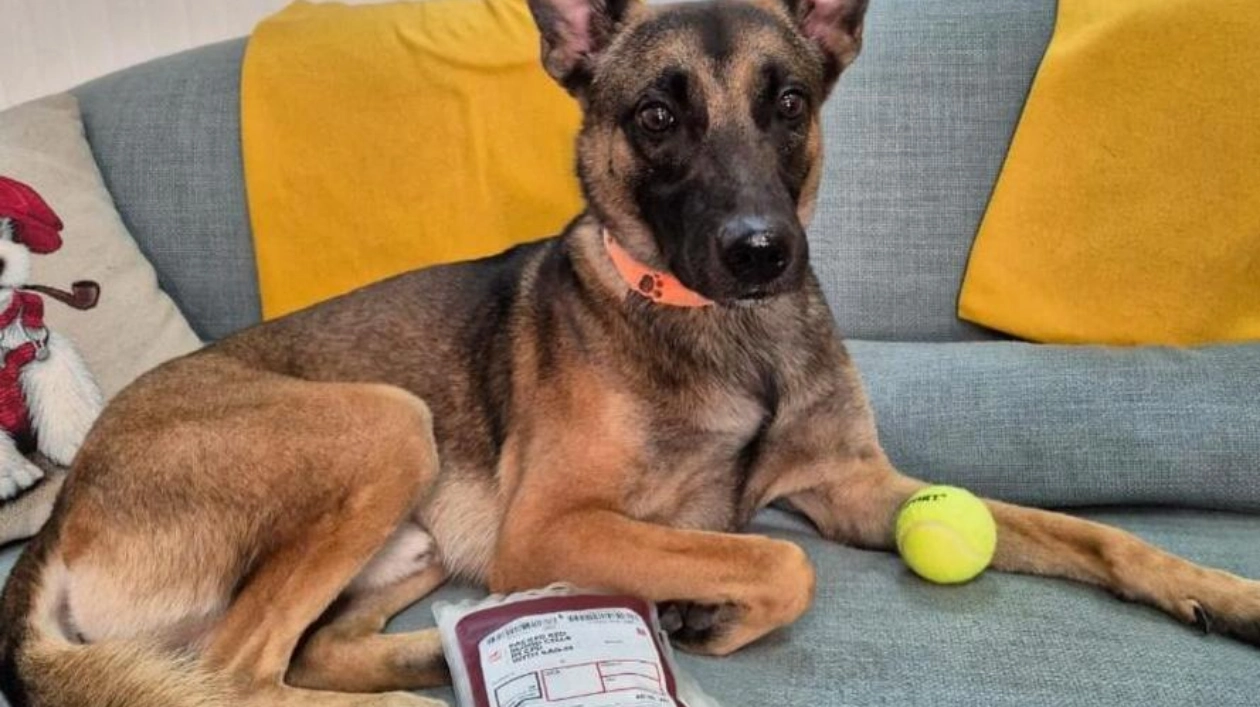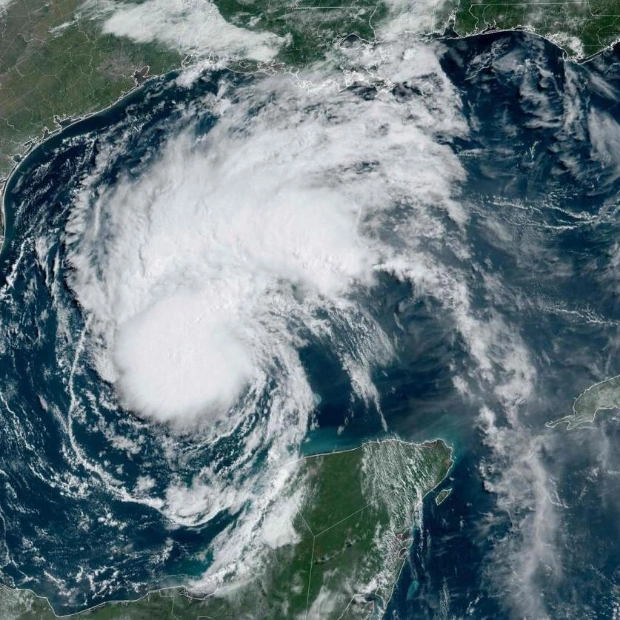For pet owners, the idea of their beloved companion undergoing a medical procedure can be distressing. However, many animal enthusiasts are voluntarily allowing their furry friends to undergo a swift, painless blood draw for a worthy cause: potentially saving the lives of other pets.
Andrea Petrovic, a Serbian expat residing in the UAE, recently brought her Malinois dog, Pluto, to donate blood. "As a dog and cat owner, I am dedicated to giving my pets the best care possible, and I believe every pet deserves the same," Andrea shared with Khaleej Times. "I frequently witness the difficulty in finding blood donors during emergencies. Thankfully, there is a facility in the UAE, the Small Animal Blood Bank (SABB), where pets like Pluto can become donors and make a significant difference," she added.
Andrea's interest in pet blood donation started a few years back after she learned about SABB. "Since then, I've always wanted to help as many pets as possible. Although my older cat wasn't eligible to donate, Pluto was ready to contribute." "The procedure is simple; the pet needs a few checks. Your pet must be between 1 and 8 years old, weigh more than 20kg, be in good health, and have a good temperament," she explained.
According to the SABB website, the process ensures the safety and comfort of both the pet and the donor. Initially, a pre-donation physical exam evaluates the pet's condition. Blood is drawn from the leg for in-house testing, with a numbing cream applied to the site to reduce discomfort. The actual blood collection takes about 20 minutes. The collected blood is then processed and separated into various components like red blood cells, plasma, and platelets if necessary.
Another pet owner, American expat James Thompson, had a similar experience with his cat, Felix. James was initially worried but decided to proceed after seeing Felix handle the process well. "Felix had to donate blood twice so far. Initially, I was very anxious about his reaction, but seeing him stay calm and recover quickly reassured me," James recounted. "I was really scared, but knowing that Felix’s donations could save another pet’s life made it worthwhile. I’m thankful for the chance to contribute in this way."
Dr Emile Matar, a veterinary surgeon at Pure Life Vet, discussed the challenges and significance of pet blood donation. "Cats are more difficult to manage compared to dogs because they often require sedation, which adds complexity to the process. The entire procedure takes about 10-15 minutes, but more preparation might be needed," Dr Matar noted. He also highlighted the conditions that often necessitate blood donations. "In small animals, blood is vital for treating diseases like Ehrlichia in dogs and Mycoplasma in cats. For large animals, although less common in the UAE, blood donations are essential in cases of rodenticide toxicity or major surgeries." Dr Matar emphasized the continuous need for donations. "A ready supply is critical in emergencies. While a nationwide blood typing system is not yet in place, each donation is extremely valuable." He added, "The primary concern for many pet owners is the procedure itself, especially anesthesia for cats. Expanding national programs could alleviate these concerns and make blood donation a more common practice."






